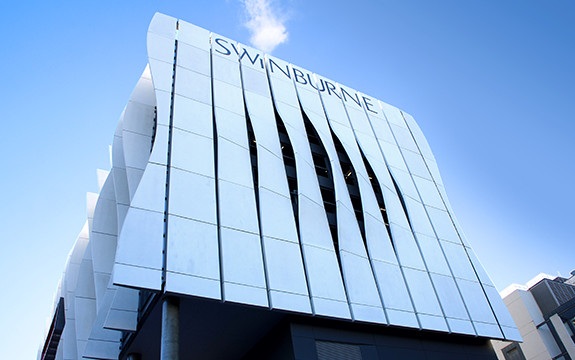New collaboration aids tropical cyclone data collection

In Summary
A new facility that will gather data about tropical cyclones has been established on the Woodside-operated North Rankin Complex, an offshore gas production facility located off the north-west coast of Western Australia.
In a collaboration between industry and academia, the North Rankin Complex has been fitted out as an observational site to study the physics of cyclones – the first of its kind in a tropical cyclone area.
The facility is dual purpose. It will assist Woodside to manage platform operations during the cyclone season while enabling researchers from the Centre for Ocean Engineering, Science and Technology (COEST) at Swinburne University of Technology to measure air-sea interactions – fluxes in air, water, and surface waves.
COEST Director, Professor Alexander Babanin said while theoretical research had been abundant and numerical modelling had improved over the last decade, there is little experimental and field evidence to validate and calibrate the models under tropical cyclone forcing.
This collaboration will bring together an internationally respected team of engineers and scientists to address the problem.
“Our current knowledge of the processes involved in tropical cyclones is largely the result of theory and measurements taken at low wind speeds and extrapolating this physics to higher wind speeds,” Professor Babanin said.
“The data will enable us to better understand the physics of intense tropical cyclones.”
Accurate predictions within extreme tropical cyclones are critical for shipping, offshore oil and gas, ports and harbours, coastal erosion, tourism and fishing.
This project will provide insight into the physics of such extreme systems, data to validate and advance models for tropical cyclones, and practical engineering tools for future design.
It was funded through an ARC Linkage grant with Woodside as the industry partner.
To find out how Swinburne can add long-term value to your business, join us at Industry Open Day on 2 December 2014.

